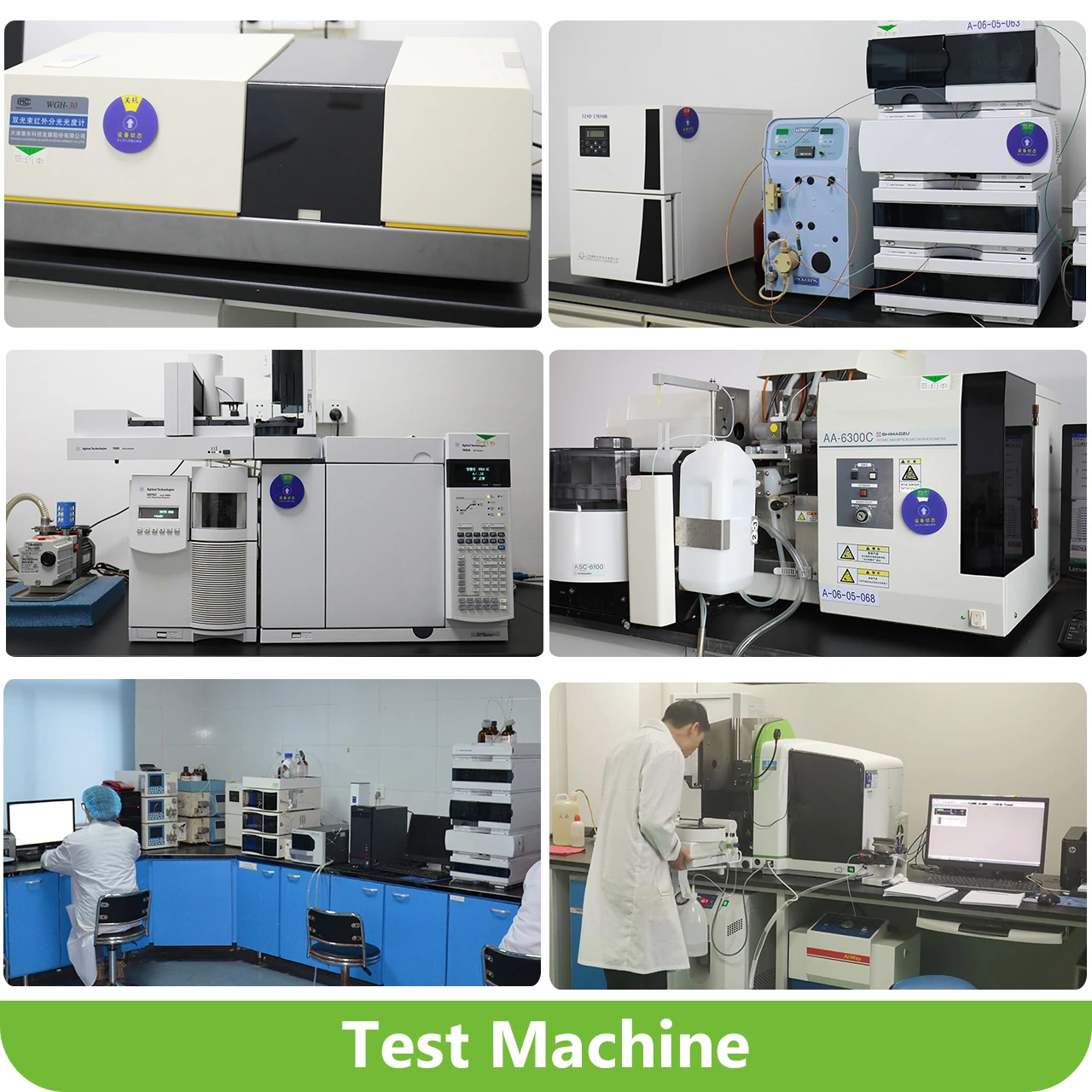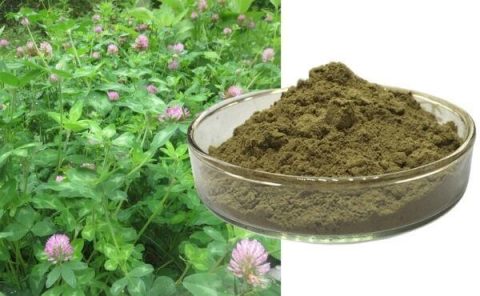
Red clover extract is derived from the flowering tops of the red clover plant (Trifolium pratense). It is valued for its phytoestrogen content, particularly isoflavones such as genistein and daidzein, which have mild estrogenic effects in the body. Red clover extract is used for various health purposes and is available in dietary supplements, teas, and topical creams.
Red Clover Extract
Botanical name: Trifolium Pratense L.
Used part: Aerial Parts
Product Specification: 8% 10% 15% 20% 40% 60% Isoflavones HPLC
Main Ingredient: Isoflavones, such as Biochanin A, Formononetin, Genistein, and Daidzein.
Extract Method: Grain Alcohol/Water
Description
Red clover is a perennial herb that commonly grows wild in meadows throughout Europe and Asia and has now been naturalized to grow in North America. The red flowers at the end of the branched stems are considered to be the source of their medicinal properties and are usually dried for therapeutic use.
Red Clover Extract refers to any extract that is taken from the red clover plant, known botanically as Trifolium pratense which is a good natural source of isoflavone molecules. There are a few products of RCE that isolate the isoflavones that are thought to be bioactive, and this mainly refers to two of the soy isoflavones that are also found in this plant (genistein and daidzein), and two structurally similar methylated isoflavones known as biochanin A and formononetin.
Medicinal Uses and Indications
Red clover is a source of many valuable nutrients including calcium, chromium, magnesium, niacin, phosphorus, potassium, thiamine, and vitamin C. Red clover is also considered to be one of the richest sources of isoflavones (water-soluble chemicals that act like estrogens and are found in many plants).
Function:
* can Improve health, anti-spasm, known for healing properties.
* can Treat skin diseases (such as eczema, burns, ulcers, psoriasis),
* can Treat respiratory discomfort (such as asthma, bronchitis, intermittent cough)
* can Own anti-cancer activity and prevention of prostate disease.
* can Maintain bone mineral density in postmenopausal women
* can Raise high-density lipoprotein cholesterol.









